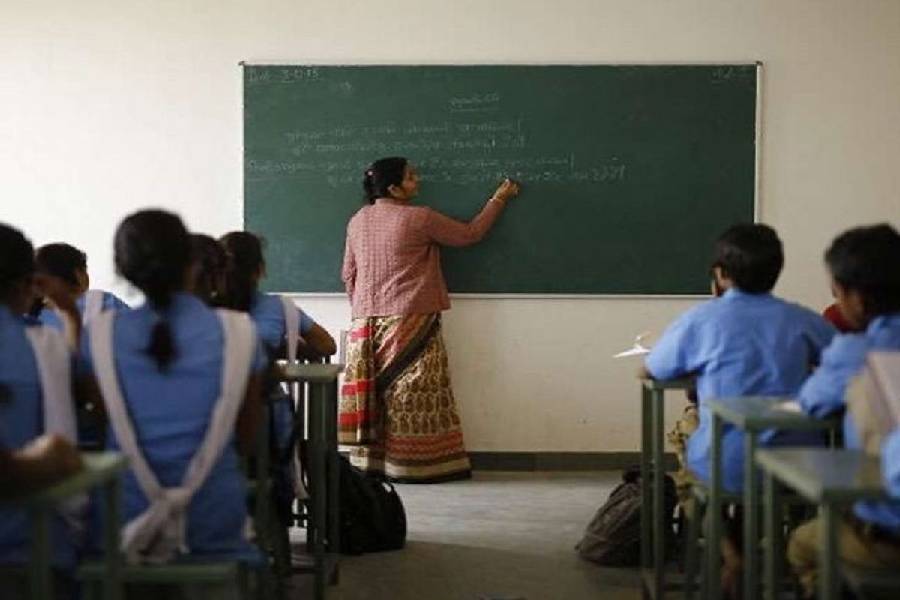The Union government has asked all the centrally funded higher educational institutions (CFHEIs) to undertake periodic reviews of the services of their employees, including teachers, and retire them if found inefficient or having “doubtful integrity”.
Independent academics and teachers’ organisations expressed fear that the review might be misused to victimise teachers pursuing research critical of government policies.
Higher education secretary Sanjay Murthy has written to central universities, IITs, IIMs, NITs, Indian Institutions of Science Education and Research (IISERs) and other institutions under the education ministry to undertake the periodic reviews under Fundamental Rule (FR) 56(j) and Rule 48 of CCS (Pension) Rules, 1972.
Earlier, academic institutions used to have their own service rules. In the last 10 years, most of these institutions have adopted the Central Civil Service (CCS) conduct rules under pressure from the University Grants Commission and the education ministry.
The department of personnel and training (DoPT) had in June this year issued an official memorandum (OM) asking all government ministries and departments to undertake periodic reviews of their employees and also direct the PSUs and autonomous bodies under their control to conduct periodic reviews of their staff.
According to the DoPT’s order, the appropriate authority shall have the right to retire any government servant by giving him a notice of less than three months if the employee occupying Group A or Group B post has attained the age of 50 years. If the employee is 55, he can be prematurely retired.
Based on the DoPT’s official memorandum, Murthy issued a letter to the CFHEIs on September 19.
“I therefore request all the CFHEIs/research and language councils/PSU/regulatory bodies under this department to provide an update regarding action taken with regard to periodic review as per department of personnel and training OM,” Murthy’s letter said.
“The periodic review is to be undertaken by a review committee constituted for aforesaid purpose and the broad criteria for reviewing shall be: l. doubtful integrity ll. ineffectiveness lll. conduct unbecoming of government servant,” it added.
At present, university and college faculty members submit their annual performance assessment reports (APARs) to their respective institutions every year. The government letter said the service record, including the APAR, personal file or any other relevant records shall also be taken into account at the time of review, which should be done quarterly.
“The decision of the review committee to retire any employee is required to be put up for consideration and approval of the appropriate/appointing authority, as applicable,” Murthy’s letter said.
Prof Pankaj Garg, president of the Indian National Teachers’ Congress, said the criterion of “doubtful integrity” was purely subjective and could be misused. “How will anybody explain ‘doubtful integrity’? In practice, it would be used to victimise those holding critical views on government policies and those carrying out research not suitable to the government narrative. Such faculty members will be asked to retire,” Garg said.
Rudrashish Chakraborty, a faculty member of DU, questioned the criteria for review. “’Doubtful integrity’, ‘ineffectiveness’ and ‘conduct unbecoming of government servant’ — these are all wishy-washy criteria that can be used to silence the voices of people who speak against the wrong policies of the administration. This letter from the central government is extremely dangerous and may be used to victimise people,” he wrote on Facebook.
An email was sent to Murthy to understand his perspectives on the concerns expressed by the faculty members. His response is awaited.











